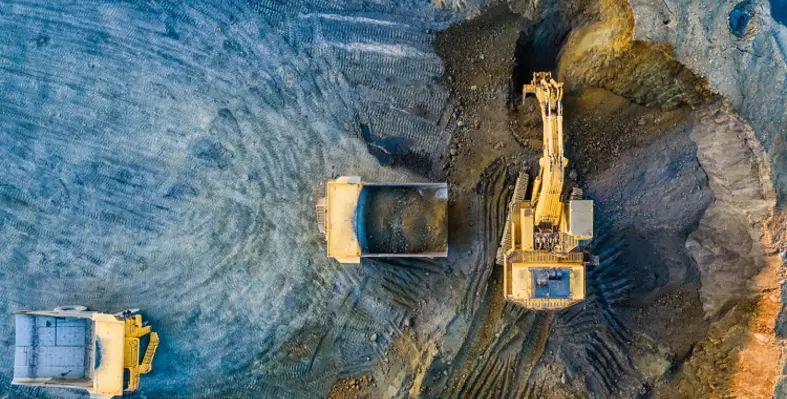Circulor, a provider of a solution for industrial, complex supply chain traceability based on AI and blockchain technology, has suggested that 2023 was a paramount year for supply chain transparency with significant progress being made towards resilient and responsible global supply chains
Behind the growing global momentum (which shows no sign of slowing down into 2024) is an increasing understanding that for supply chains to be secure, reliable and resilient, they must be responsible and sustainable. This, continued Circulor, requires proof.
Developments on this front included Europe passing into law its EU Battery Regulation in August to tighten rules for industrial and battery manufacturers, setting a global precedent for digital battery passports and making clear that adherence to upstream environmental and due diligence requirements in the new standard for selling large batteries in the continent. The bloc has also passed its Ecodesign for Sustainable Production Regulation.
Circulor also pointed to the US which has defined key provisions in the Inflation Reduction Act and the Bipartisan Infrastructure Legislation to move ahead in supply chain transparency. Notably, what constitutes a Foreign Entity of Concern within battery supply chains has been defined and the country has made clear that physical tracing is required to prove compliance with the new definitions.
Similar efforts are apparent and being pursued across the globe including in countries such as South Korea, Japan, Canada, India and more. A testament to the growing impetus towards this topic was the prevalence of it at COP28 at the end of 2023. Here, in Dubai, the need to sustainably extract green energy materials was emphasized by UN secretary general António Guterres alongside the establishment of the Panel on the Critical Energy Transition Minerals. This will provide global guidance and common principles to help manage the energy transition. Circulor also pointed to the International Energy Agency (IEA) delivering a similar message through its ‘Sustainable and Responsible Critical Minerals Supply Chains’ report.
The analysis from Circulor concluded, “The beauty of supply chain transparency, material traceability, and digital identifiers is that in a world with layering issues that require attention, 2023 tells us there is coalescence around the fact that transparency solves for a myriad – greater economic, climate, and market resilience – and that on the back of that, 2024 is poised to be an even bigger year of progress.”












